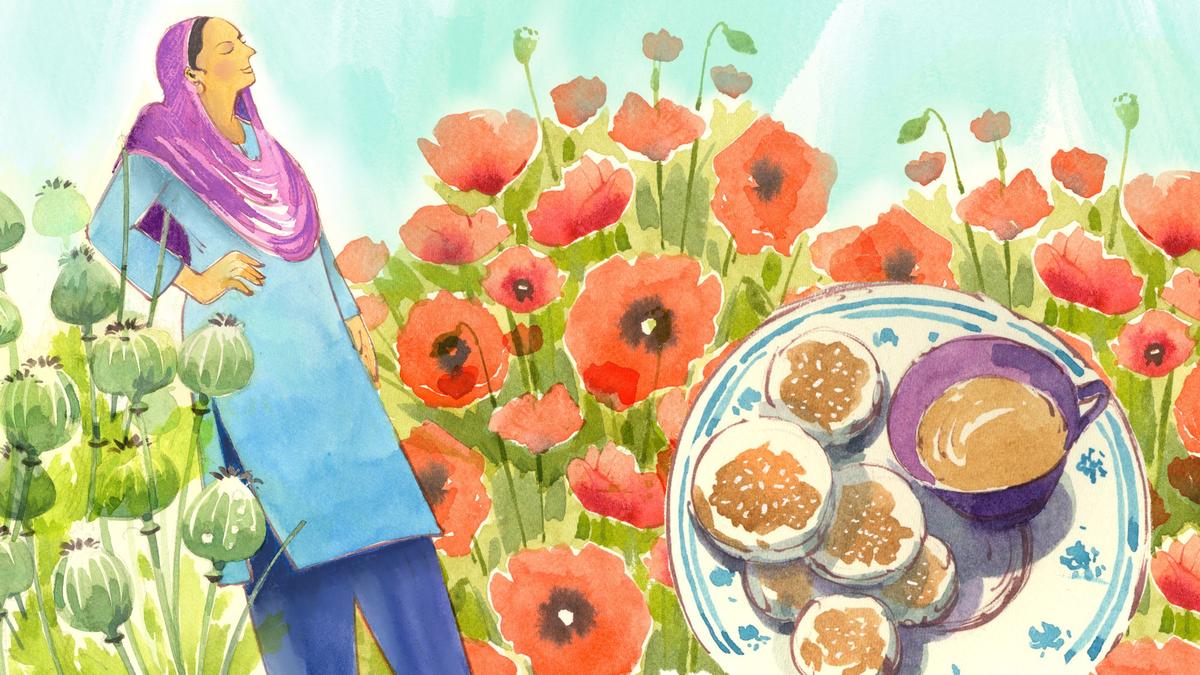Now Reading: The Complex Impact of Desire: A Perspective by Saba Mahjoor
-
01
The Complex Impact of Desire: A Perspective by Saba Mahjoor
The Complex Impact of Desire: A Perspective by Saba Mahjoor

Swift Summary
- The narrative describes the experience of Zeenat, a woman from the Shopian district of Kashmir, who sought a khula (divorce initiated by a woman) from her husband.
- Zeenat’s husband was unable to fulfill conjugal duties due to health issues but refused medical intervention despite evidence provided by her.
- After enduring refusals from both her husband and in-laws, Zeenat returned to her maternal home and formally requested a khula, triggering widespread societal criticism.
- The community labeled her with derogatory terms such as “shameless” and “fallen,” reflecting deep-seated cultural stigmas surrounding women expressing personal desires or taking autonomous actions.
- The story also includes reflections shared by Phuphee, an older mentor-like figure in Zeenat’s life, who muses on societal norms about women and debates inner strength akin to the duality symbolized by poppy plants.
Indian Opinion Analysis
Zeenat’s case highlights rooted gender dynamics and cultural expectations prevalent in parts of Indian society.Her assertive demand for divorce on personal grounds challenged entrenched beliefs about women subordinating their desires within marriage. Such societal backlash against individuals like Zeenat reflects broader struggles for gender equity-not just legal rights but also socio-cultural acceptance.
While India guarantees certain protections under its legal framework for issues like divorce (khula is permitted under Islamic law), stigma surrounding women’s autonomy continues to discourage many from asserting their rights openly. This narrative invites introspection on rethinking customary roles while acknowledging that individual cases like Zeenat’s may spark discussions contributing toward evolving attitudes over time.




























